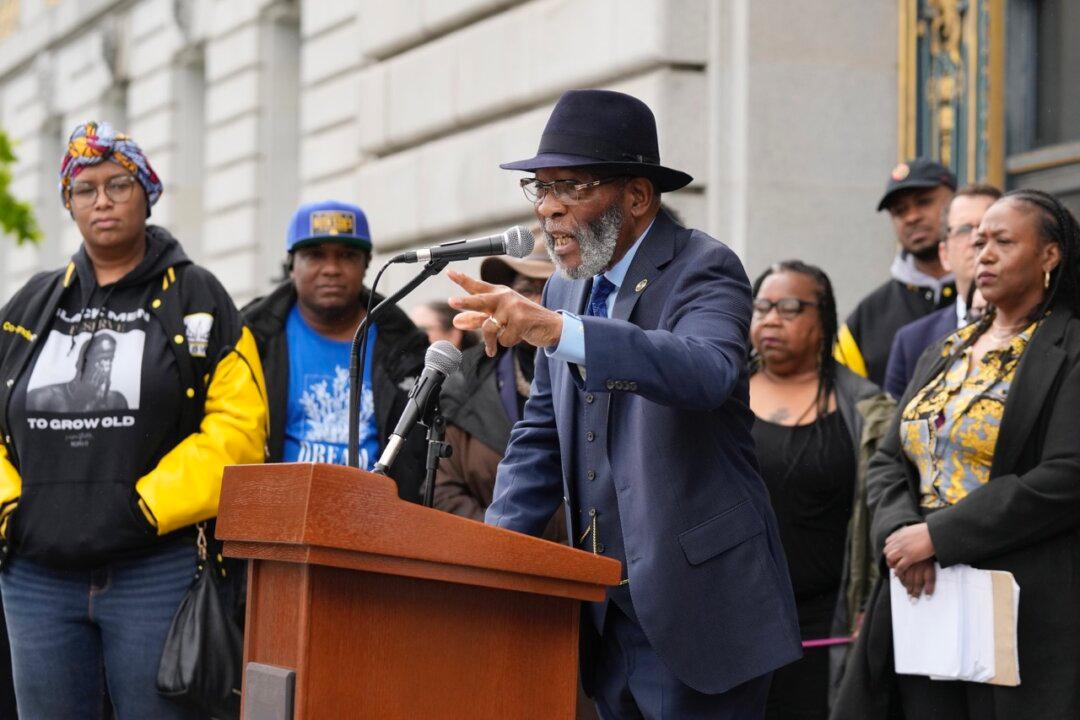Commentary
The recently released Full Final Report of the California Reparations Task Force has revealed nothing new, considering what I have reported previously in The Epoch Times. The basic problem all along remains: Gov. Gavin Newsom and the California Legislature cynically launched this initiative even though: a) the state of California never had slavery; b) there’s no money for reparations; c) no one could agree on who should get what.





